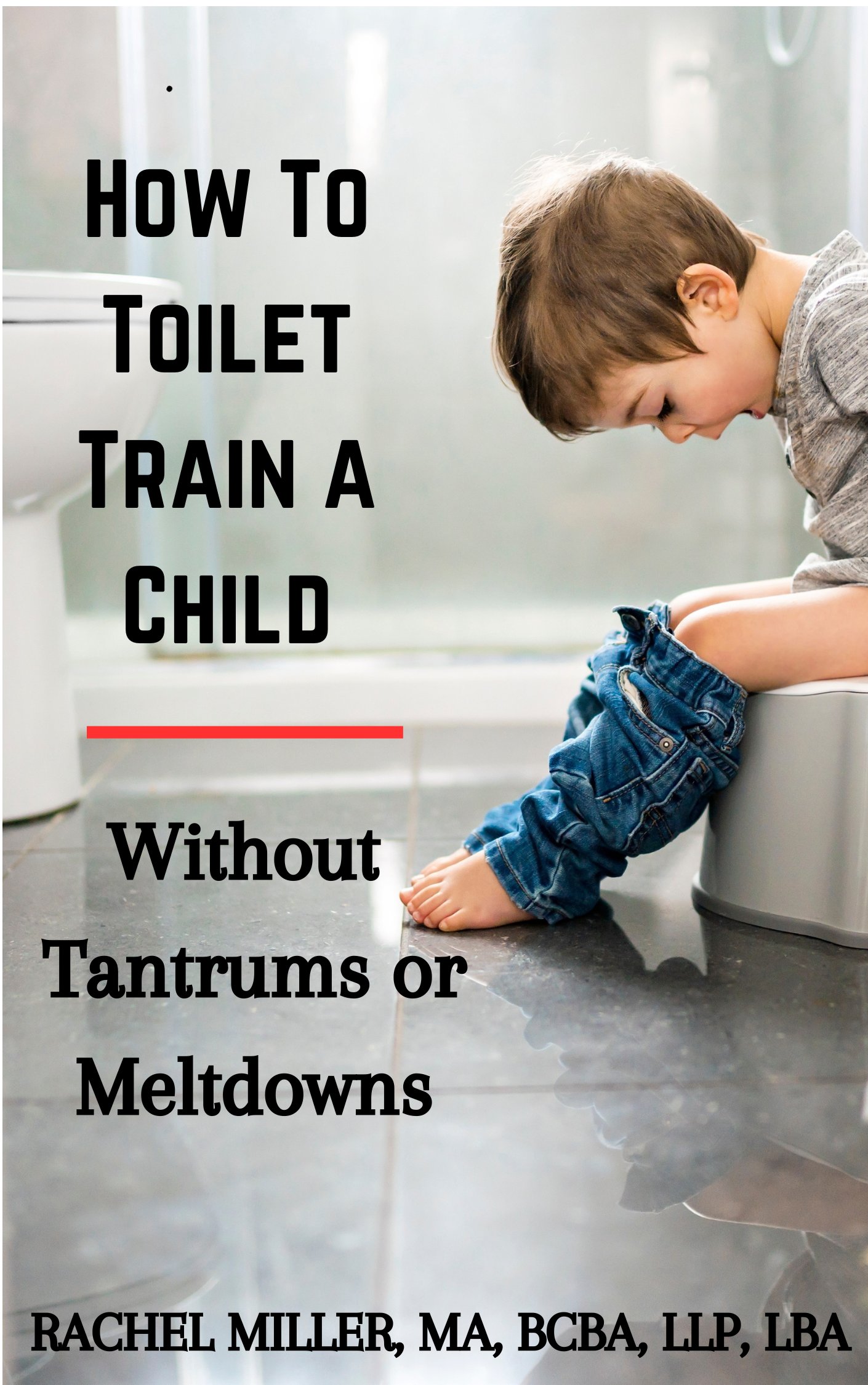My Grandson has a persistant high pitch shout often for no obvious reason
by Christine
(West Yorkshire)
QuestionMy Grandson is 4.5 years old and has Down Syndrome. Over the last 18 mths he has developed a habit of shouting loudly. His speech is limited, but he does say some words and his Mummy and the rest of the family are using Macaton signing.
He attends a Nursery where inclusion is exceptionally good. He has commands of over 200 Macaton signs and is going into a Nursery at the local Primary School in September. He has a statement and will receive support there. He is walking and feeds himself and is really doing very well with a lot of input from his Mummy.
His behavior is generally very good, but what is driving his Mummy (my daughter) and the rest of the family to distraction is the constant high pitched aggressive shout that he has and he does this hundreds of times a day.
Sometimes we can see that it is due to some frustration (eg. putting his boots on or going to the toilet), but at other times he just does it if playing in the garden or playing with his toys.
It seems as if it is becoming a habit and we are at a loss of how to manage this. It means we are not able to go out shopping or to have a meal any where, at home the atmosphere is often very stressed due to him making this incessant noise.
He is a lovley little boy and we all adore him, but this noise does at times become really unbearable - the pitch is such that it gives you a headache and makes everyone around him feel really stressed and on edge.
Can some one please tell me if they have any similar experience and if they were able to manage it and how?
Answer:Screaming can often be due to inability to modulate or regulate the tone of voice. You may initially try responding with a very quiet voice, while prompting him to use a quiet voice as well (eg. "Let's use a quiet voice just like this). Try to get him to model or imitiate the quiet voice and then give lots of praise still in a quiet voice - "Yes! Mummy or Grandma like it when you use a quiet voice!"
You may also consider immediately putting him in an area away from others, such as his bedroom or having everyone walk away from him until he is speaking quietly or quiet for a brief period of time gradually increasing to around 4 minutes. Say, "Uh Oh! That hurts my ears! You can come back as soon as you use a quiet voice (or I'll come back as soon as you use a quiet voice.)
Although, you will want to make sure you have initially prompted him to use a quiet voice and know that he knows how to do that and what the term "quiet voice" means. Just be sure to do this consistently and without any anger or sternness. Act like it is very sad that he is hurting your ears and has to go into another room.
If you haven't already, be sure to check out my ebooks, now on Amazon!

